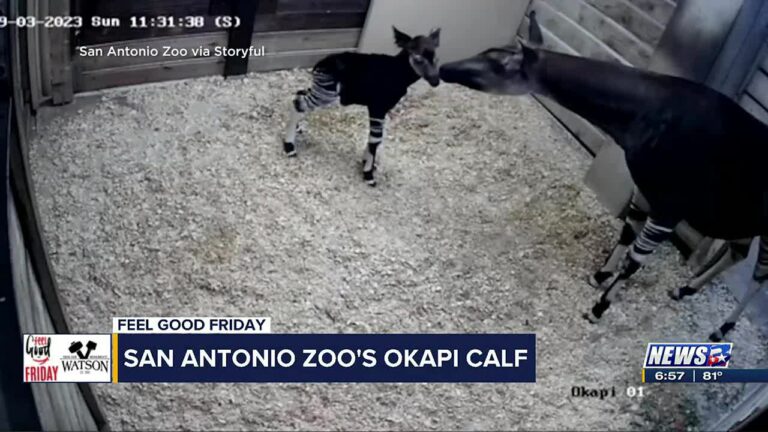Focus at Four: “Kind of like Northgate” bat behavior could help prevent the next pandemic
BRYAN, Texas (KBTX) – There are over 30 species of bats in Texas, more than any other U.S. state, and while bats are an important part of the ecosystem, they are also known to carry deadly diseases that can infect humans and animals alike, including COVID-19.
A research team from Texas A&M recently published an article in an academic journal about bats, the diseases they carry, and how bat “nightclubs” might help prevent future pandemics.
Nicole Foley, a post-doctoral scholar from the Texas A&M School of Veterinary Medicine and Biomedical Science, and one of the authors of the article, joined First News at Four on Friday.
Foley said that the swarming behavior of bats makes species of bats mate that might not normally come into contact with each other.
“It’s kind of like Northgate. All of these bats from lots of different places come together for socializing and essentially, ultimately, for mating. It’s a perfect place for the potential for hybridization to happen,” she said.
Hybridization is the process where an animal (or plant) breeds with another animal of a different species.
“The viruses that these bats host evolve with them [when they breed], and if we have a map of how all of these species are related to each other, we also have a map of how those viruses evolve. So by understanding how [the bats] are related to each other, we can kind of pinpoint specific species that might be of interest in preventing further outbreaks,” she said.
How bat’s immune systems can evolve is similar to ours.
“They have the immune variants that we need to be able to be resistant as well. Figuring out what they’re doing with their mammalian immune system, and we have a mammalian immune system, potentially can get us to the point where we too can figure out what the basis is of immunity to COVID-19 is,” she said.
You can find the article here.







